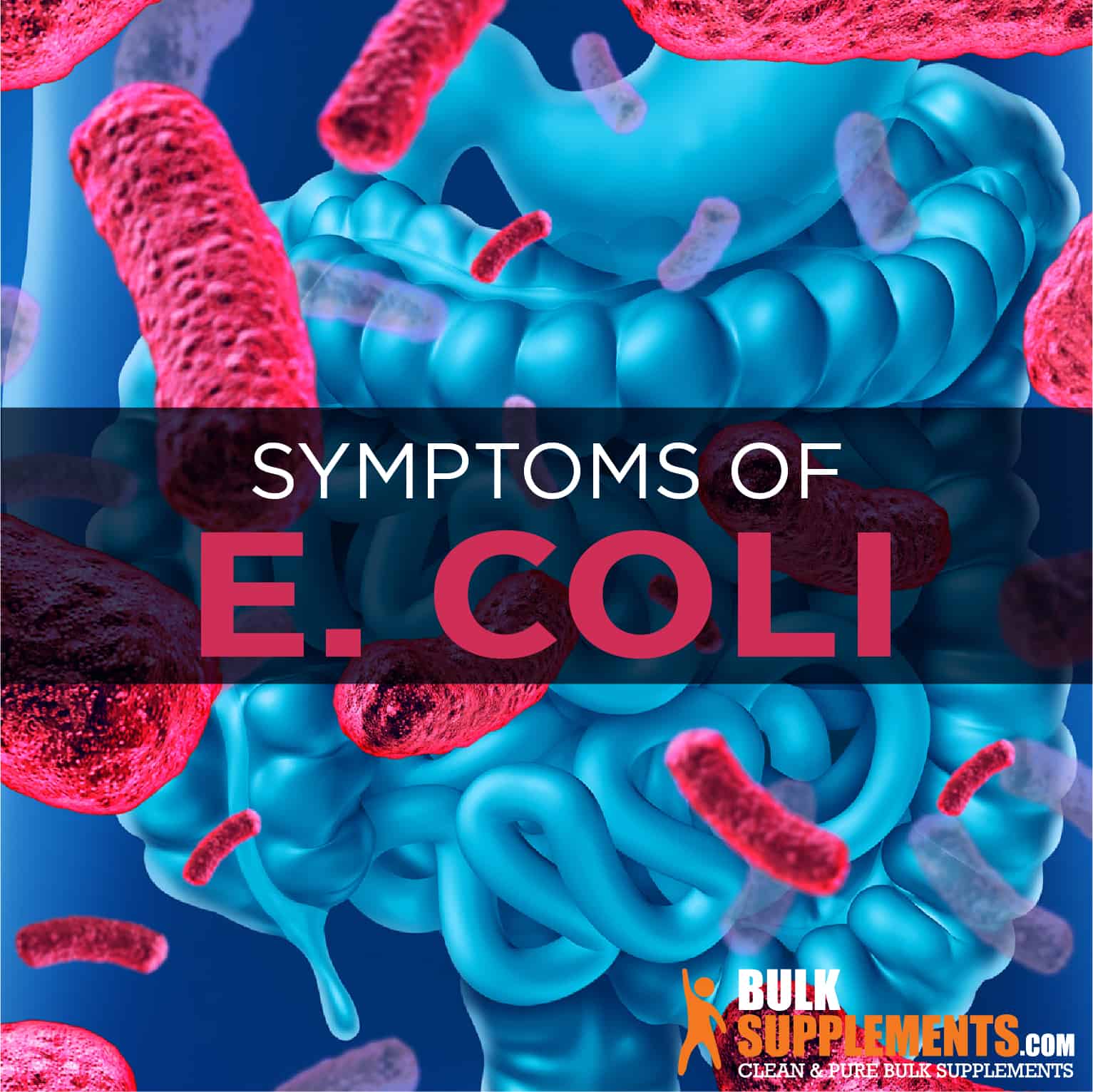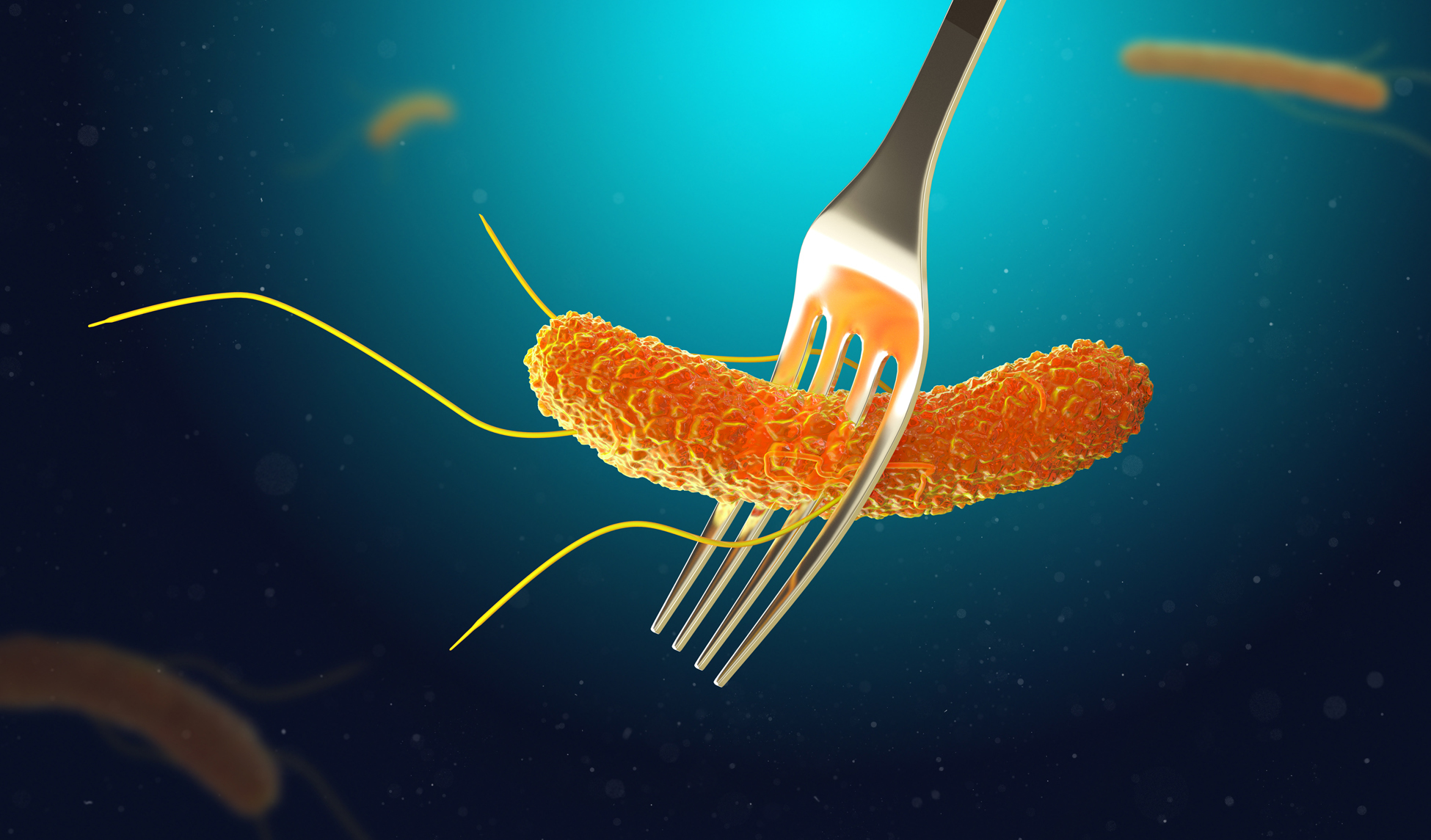Common Symptoms of E. coli Infection: E Coli Symptoms

E coli symptoms – Escherichia coli (E. coli) is a bacterium commonly found in the intestines of humans and animals. Most strains of E. coli are harmless and even beneficial, aiding in digestion and nutrient absorption. However, some strains of E. coli can cause infections in humans, ranging from mild gastrointestinal issues to severe and potentially life-threatening conditions.
The symptoms of E. coli can vary widely, from mild abdominal discomfort to severe diarrhea and vomiting. In some cases, the infection can lead to more serious complications, such as kidney failure or even death. Fortunately, there are a number of things that can be done to prevent E.
coli infection, including practicing good hygiene and avoiding contaminated food and water. For more information on Josh Gibson’s batting average, click here: josh gibson batting average. It is important to seek medical attention if you experience any of the symptoms of E.
coli infection.
The symptoms of E. coli infection can vary depending on the strain of bacteria and the site of infection. The most common symptoms are gastrointestinal, such as diarrhea, abdominal cramps, and nausea. In some cases, E. coli can also cause extra-intestinal infections, such as urinary tract infections (UTIs), sepsis, and hemolytic uremic syndrome (HUS).
The relentless symptoms of E. coli, from stomach cramps to fever, can leave one feeling helpless. In search of a distraction, I turned to the enigmatic Billy Butcher actor. His gruff exterior and unwavering determination resonated with me, providing a temporary escape from the discomfort.
Yet, even amidst the entertainment, the nagging pain of E. coli reminded me of the urgent need for medical attention.
The incubation period for E. coli infection is typically 1-3 days, but it can range from a few hours to 10 days. Symptoms usually last for a few days, but they can persist for longer in some cases.
The agonizing cramps and fever of E. coli can leave you feeling weak and drained. But amidst the discomfort, there’s a glimmer of excitement in the release of the boys season 3. Its explosive and unpredictable nature promises a thrilling escape from the pain, leaving you eagerly anticipating the next episode.
As the symptoms subside, you’re left with a newfound appreciation for the small joys, like the ability to laugh without grimacing.
Gastrointestinal Symptoms, E coli symptoms
- Diarrhea
- Abdominal cramps
- Nausea
- Vomiting
- Fever
- Chills
- Fatigue
Gastrointestinal symptoms are the most common manifestation of E. coli infection. These symptoms are caused by the bacteria’s production of toxins that damage the cells lining the intestines. The severity of the symptoms can vary depending on the strain of E. coli and the amount of toxin produced.
The symptoms of E. coli can vary depending on the strain of bacteria, but commonly include abdominal cramps, diarrhea, nausea, and vomiting. In some cases, more severe symptoms such as fever, chills, and bloody stools may occur. If you are experiencing any of these symptoms, it is important to seek medical attention promptly.
Meanwhile, it’s worth noting that actor Anthony Starr, known for his role in “The Boys,” is currently 46 years old. Returning to our discussion on E. coli, if left untreated, the infection can lead to serious complications, including kidney failure and even death.
Extra-intestinal Symptoms
In addition to gastrointestinal symptoms, E. coli can also cause extra-intestinal infections, such as:
- Urinary tract infections (UTIs)
- Sepsis
- Hemolytic uremic syndrome (HUS)
UTIs are caused by E. coli bacteria entering the urinary tract through the urethra. Symptoms of a UTI can include pain or burning during urination, frequent urination, and cloudy or foul-smelling urine.
Sepsis is a life-threatening condition that occurs when the body’s immune system overreacts to an infection. Symptoms of sepsis can include fever, chills, rapid heart rate, and difficulty breathing.
HUS is a rare but serious complication of E. coli infection that can lead to kidney failure. Symptoms of HUS can include fatigue, weakness, bruising, and decreased urine output.
Risk Factors and Transmission of E. coli
E. coli infections can occur through various routes, with certain individuals facing a higher risk of contracting the infection. Understanding the primary sources and risk factors associated with E. coli is crucial for effective prevention and control measures.
Sources of E. coli
- Contaminated Food: E. coli can contaminate food products such as raw or undercooked meat (especially ground beef), unpasteurized milk, contaminated produce (e.g., lettuce, spinach), and unwashed fruits.
- Water: Contaminated water sources, such as wells, lakes, or swimming pools, can harbor E. coli bacteria.
- Animals: Farm animals, particularly cattle, are common carriers of E. coli. Contact with animals or their feces can pose a risk of infection.
Risk Factors for Infection
Certain factors increase the likelihood of E. coli infection:
- Contact with Animals: Working with or being around farm animals, especially cattle, increases the risk of exposure to E. coli.
- Consumption of Unpasteurized Milk: Unpasteurized milk may contain E. coli bacteria, posing a risk to consumers.
- Poor Hygiene: Inadequate handwashing after using the toilet, changing diapers, or handling animals can facilitate the spread of E. coli.
- Compromised Immune System: Individuals with weakened immune systems are more susceptible to E. coli infections.
Prevention Measures
Proper food handling and sanitation practices are essential to prevent E. coli transmission:
- Cook Food Thoroughly: Cooking meat to the recommended internal temperature kills E. coli bacteria.
- Wash Fruits and Vegetables: Rinse produce thoroughly under running water before consuming.
- Pasteurize Milk: Ensure milk is pasteurized to eliminate harmful bacteria.
- Practice Good Hygiene: Wash hands frequently with soap and water, especially after using the toilet, changing diapers, or handling animals.
- Clean and Disinfect Surfaces: Regularly clean and disinfect surfaces that may come into contact with food or animals.
By adhering to these preventive measures, individuals can significantly reduce their risk of E. coli infection and protect their health.
Diagnosis and Treatment of E. coli Infection

E. coli infection is diagnosed through laboratory tests and physical examination. Treatment involves antibiotics and supportive care.
Laboratory Tests
* Stool cultures: Collect a stool sample to identify the presence of E. coli bacteria.
* Blood tests: Examine blood samples for signs of infection, such as elevated white blood cell counts or abnormal liver function tests.
Antibiotic Treatment
* Antibiotics are the primary treatment for E. coli infection.
* Common antibiotics include ciprofloxacin, levofloxacin, and trimethoprim-sulfamethoxazole.
* Antibiotic resistance is a concern, so it’s crucial to follow the prescribed course and report any side effects.
Supportive Care
* Hydration: Drink plenty of fluids to prevent dehydration, especially if experiencing diarrhea.
* Pain management: Over-the-counter pain relievers can help reduce discomfort.
* Rest: Get adequate rest to allow the body to recover.
E. coli, a bacterial infection, can manifest in severe abdominal pain and discomfort. While seeking medical attention is crucial, it’s also important to be aware of similar cases like that of Antony Starr , who faced imprisonment for domestic violence.
The severity of E. coli symptoms emphasizes the significance of prompt medical care, reminding us that both physical and emotional well-being require attention.